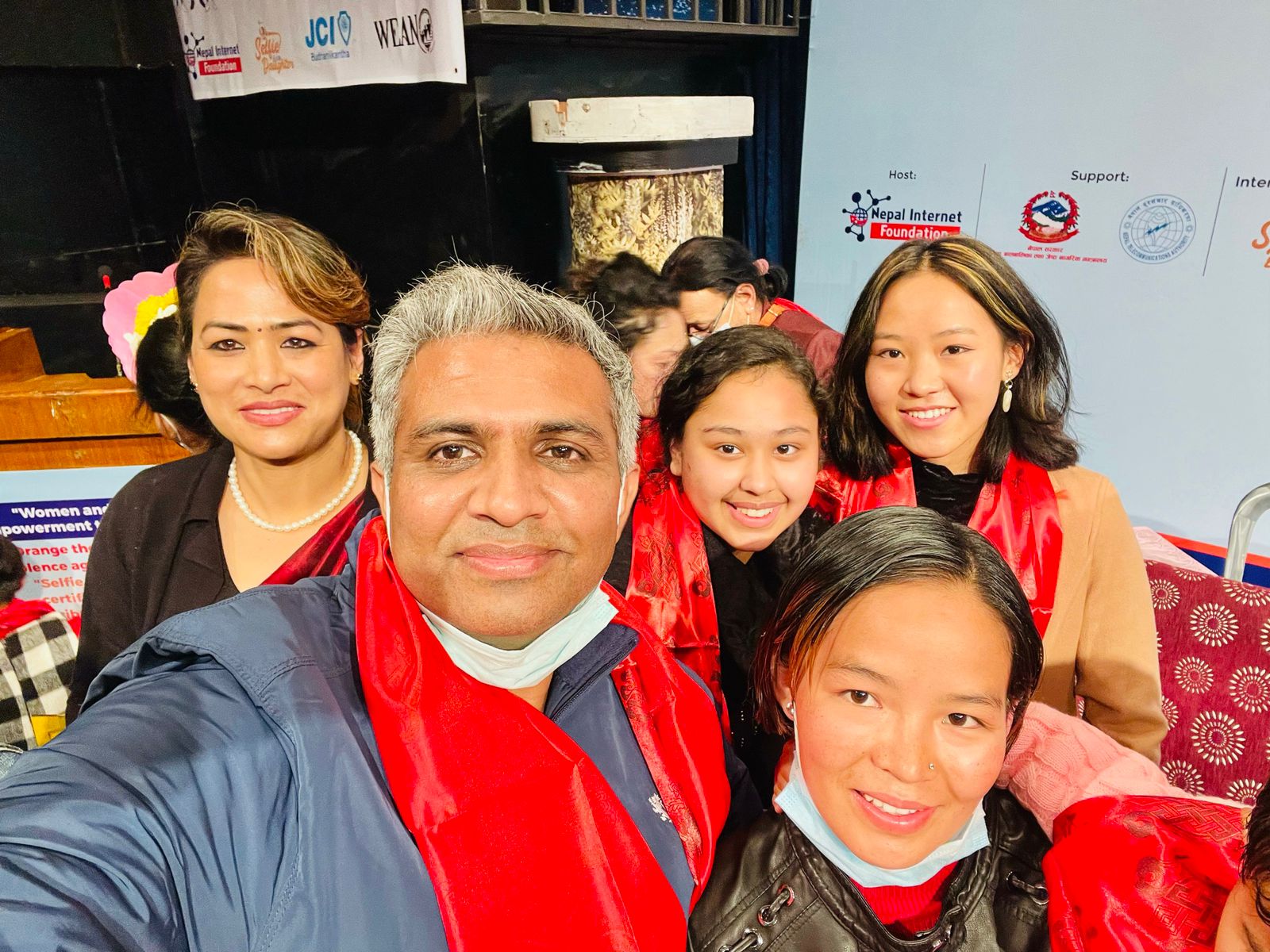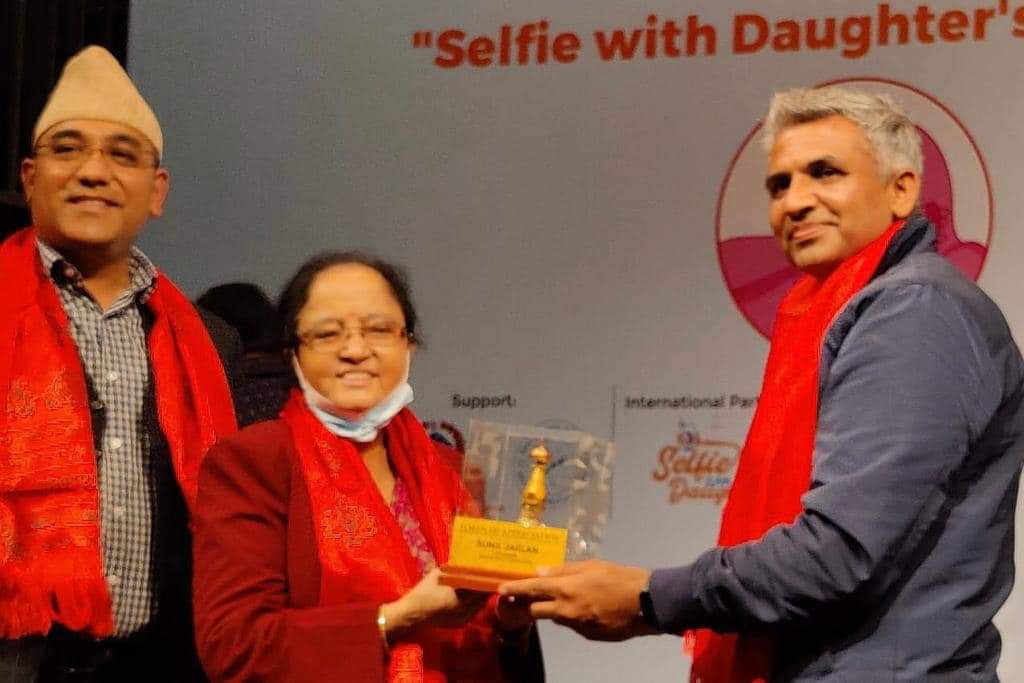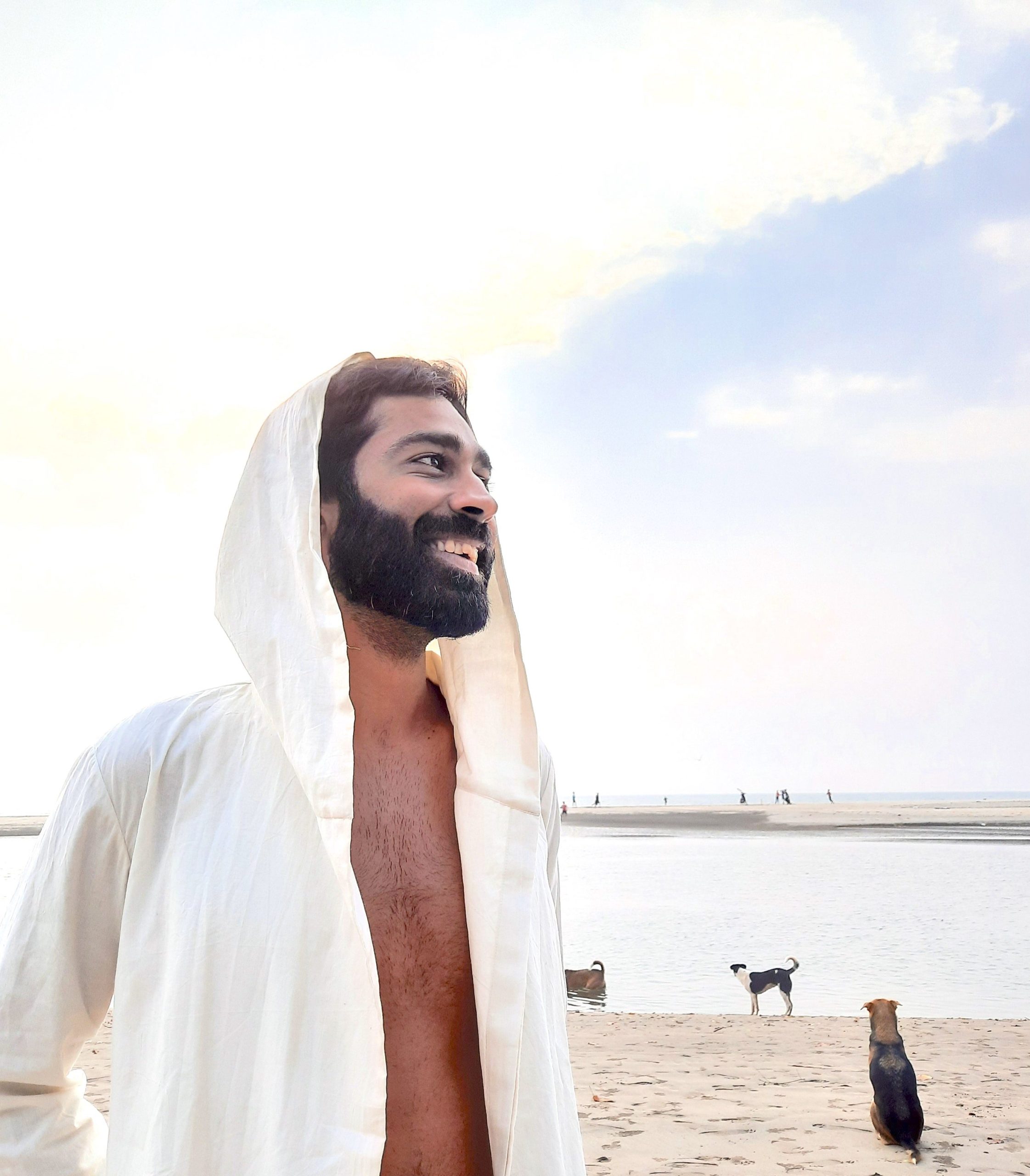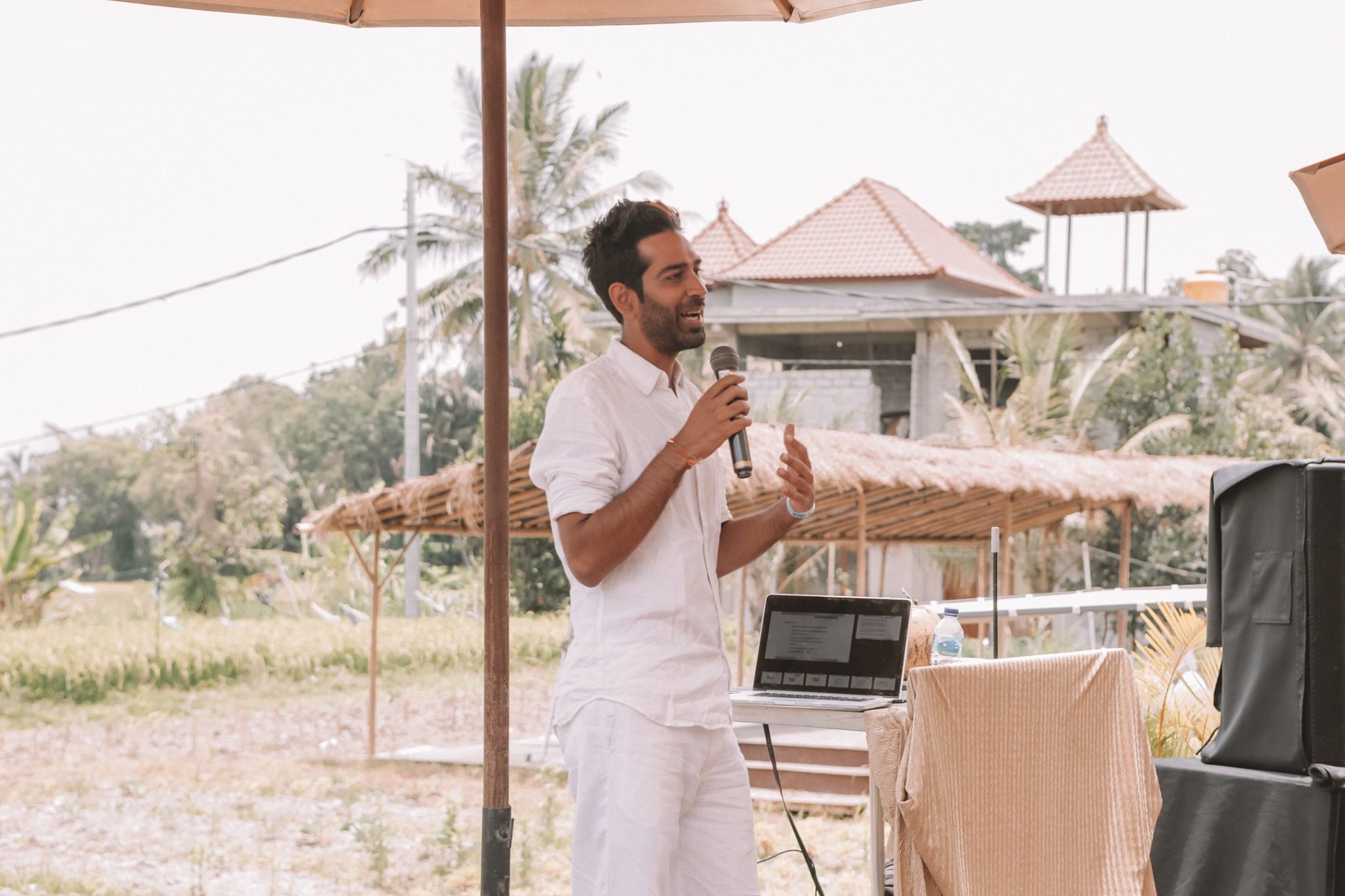(March 27, 2022) She steers a mammoth ship. On the deck, vigilant, observant, she stands tall, dressed in her smart Navy whites. Captain Suneha Gadpande has navigated through cyclones like Tautke, carrying cargo, ensuring safe passage of both cargo and crew. During the pandemic too, it was business as usual as master and commander sailing across China, Korea, Japan, West Africa and Somalian waters. “Throughout the pandemic, every shipping company worked while the world stayed home. Everything was shut except world shipping,” explains Suneha, the first Indian woman to be promoted to the rank of captain at an MNC, “If we had stopped, everything would have stopped.”
To grasp her achievement – mull over this – Men have been voyaging since the 1700s, yet Captain Anna Ivanovna Shchetinina, a Soviet merchant marine, was the world’s first woman captain of an ocean-going vessel at 27 (1935). Over two centuries later. Being a ship’s master-commander is a male bastion, so Indian seamaster Captain Suneha Gadpande’s entry into this lonely male citadel, is an achievement. “The word promoted is important as girls were not hired in the merchant navy. I created a path others can follow,” smiles the effervescent Suneha Gadpande in an interview with Global Indian. Among the first girl nautical cadets, she also went on to captain at Danish shipping company, the 132-year-old Torm as its first Lady Captain from India.
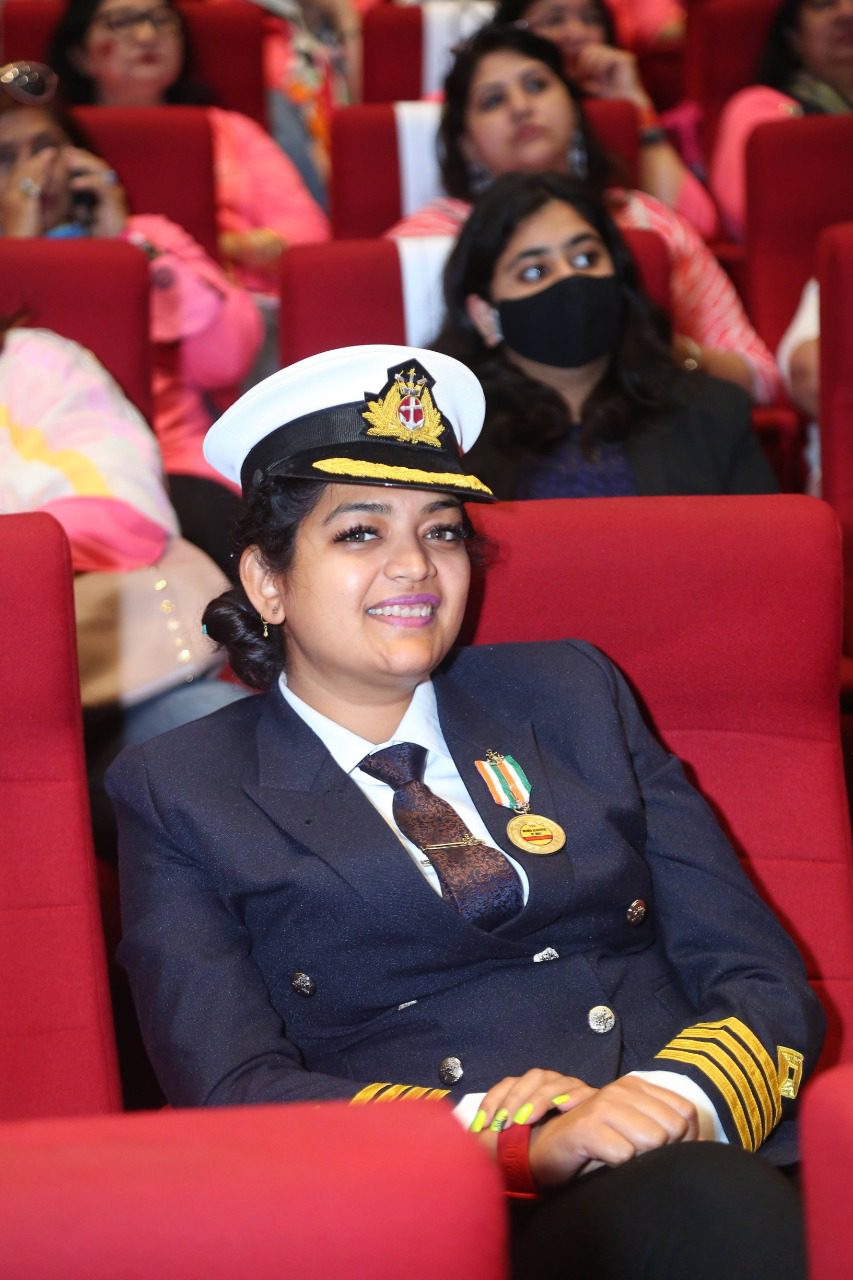
Capt Suneha Gadpande
Behind these achievements is a straight talking no-nonsense mind. As warm and sparkly-eyed she is, there lies a staunch, stern and resolute commander inside. “I am not this friendly on a ship, I have to be aloof,” chuckles Suneha. Among India’s 100 women achievers honoured by late President, Pranab Mukherji (2016), the years of toil and tears saw this Bhopal girl prove her mettle every step of the way. Today, proud, her spiffy crisp Navy whites shine as does her conviction, work ethic and extraordinary attitude.
Steely determination saw this outspoken, tad rebellious girl create maritime history – she is also the first Indian captain to command an all-women officers’ tanker, MT Swarna Krishna, for Shipping Corporation of India.
Courage of conviction
The Maharashtrian Bhopal-born tomboy had her sights set on the Navy. “In my eighth, I realised that in the Indian Navy, girls cannot join after 12th like the NDA – you had to graduate to undergo training,” she says. Her mother worked in admin at the Bhopal police HQ, and her father retired as a manager from RBI, thus a sincere work ethic was inculcated early on. Her father was shell-shocked at her joining the merchant navy, “Kya tum pagal ho gayi ho? (Are you mad?),” he asked. The rebellious Suneha stood unabashed. And the rest, as they say, is maritime history!

Sheepishly, she admits that her brother and sister were “ideal” children, she an upstart, who left Bhopal to live in Mumbai. Even today, her father keeps her rooted amid the honours pouring in. “He is unable to comprehend what the big deal is,” she adds. The brilliant mind would often have her parents on edge – wondering, ‘what will Suneha do next?’
Studying mechanical engineering from NIT Bhopal, with Navy on her mind, her IIT ranking saw SCI call her for an interview. Among the first batch of girls to join SCI (2003), her graduation forgotten, time was of the essence. Soon, she became batch commander, best cadet, and after four months pre-sea training at Maritime Training Institute, Powai, Suneha was ready to sail on the high seas.
Working in a man’s world
Eyeing a foreign post, she was shocked that no Indian girl had ventured so far. Nationally too, women were not preferred. “I was asked, ‘Is it for your brother or husband?’ – and then, ‘We don’t recruit women.’”
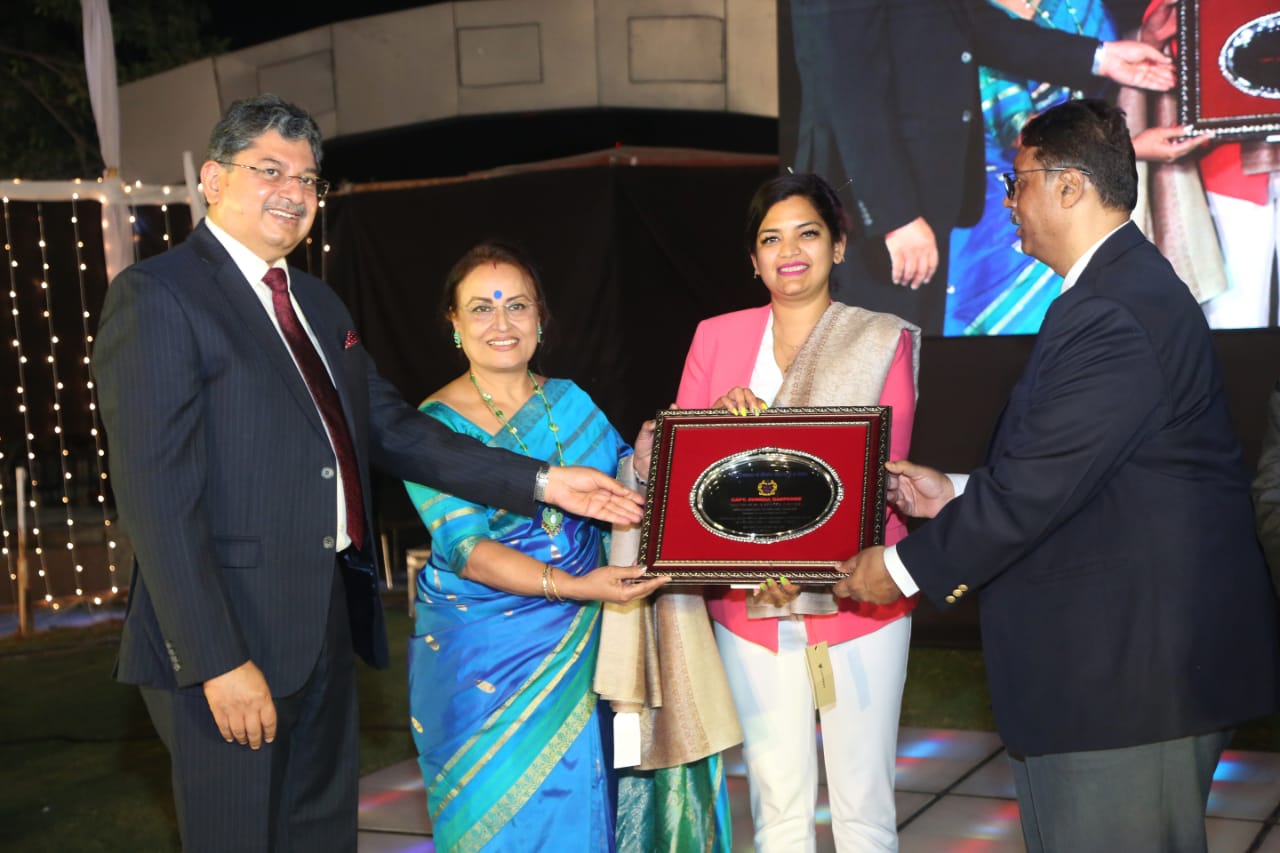
By 2011, maxing exams, working tirelessly, she was set to take up command at SCI. A job offer from NYK, a Japanese company saw her shift overseas. “I left SCI just when I was to get command. I was the only Indian woman with the highest certification of a master then,” says the lass, who delayed her own command for better pay, career prospects. Is she chuffed? Brutally honest, she says, “I haven’t done anything different. Yes, it was not expected a woman could do it. The opportunity helped me clear the path for others.” The twinkly-eyed commander has also been mentoring women to break the shackles of societal expectation. The would-be captain was thrilled when SCI came knocking on her doors again, to command an all-women ship. The idea stalled, but in March 2021, it was all systems go. “No better way to give it back to your parent company. Taking up command made me feel empowered. But to feel it, society has to give you powers,” she avers. She had 14 women officers, and helmed the Indian Oil Corporation time charter.
“Imagine carrying cargo valued at millions of dollars. One mistake, and it’s a live bomb. You have to be mentally present, and cannot afford a single mistake, and work as a team,” says Suneha. The warm and bubbly Suneha soon transformed into a master-commander with aplomb. “Taking up command meant – you are given full ownership. However, the merchant navy is not glamourous. There is only one captain responsible for the safety of cargo and crew. In a rude way, we are like truck drivers,” rues this changemaker who has battled harassment and fought against decades-old stigma.

She loves her international stints but the stigma in India is unrelenting, and unsurprisingly less work related, more people specific. “Once you become a captain, there is no growth. Once a captain, always a captain,” she says. Signing up with Danish company Torm saw her get the moniker of the first Indian woman to captain an international merchant navy ship. Now, in between projects, she will take up a shore opportunity in Singapore as a permanent marine superintendent in Danish company, Hafnia tankers (BW Group).
Oh captain, my captain
Yes, she will miss sailing immensely. Unlike Navy, with over 150-odd crew, merchant navy has 20-25, and a strenuous 24-hour work day. “We have to be ‘jack of all trades,’ – plumber, carpenter, mechanic, or cook.” The ‘jill’ of all trades has been lauded for her work, and over the years, she has learnt to put her game face on, use subtle firmness to be respected among men. “As a captain, if you say juniors are misbehaving, it will be seen as the lady or captain is unable to command,” she adds. Privy to dangerous situations, she manoeuvres it all, “While docking, a ship’s speed is lesser as it does not have a break – the effect of the water is greater. It is not difficult but one needs immense skills. You navigate – through storms, tricky situations, and know how to get out. You are taught to be in command.”
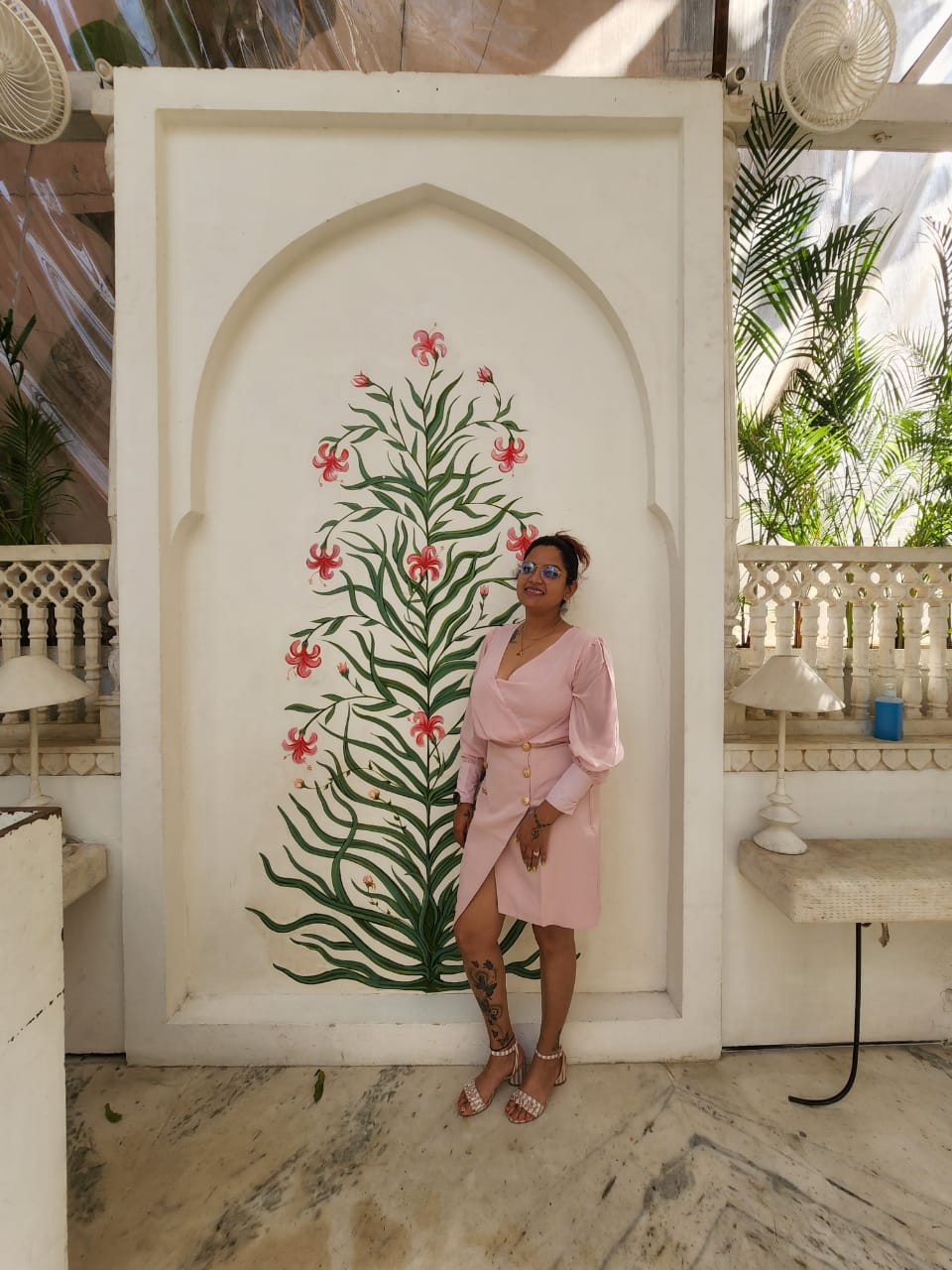
The dream of being a single mom
Commanding a ship takes years, and for this reason, Suneha put her personal life on hold. The 37-year-old decided to freeze her eggs so she could concentrate on her career. “I am planning to be a single mom. I knew my command was taking time, and I couldn’t afford a minute’s break. If you take a break from sailing, it’s tough to get back,” reveals the master-commander.
Her remarkable ability to spring back, after wiping away tears shows great fortitude. Was training difficult? “That’s a tricky word. It’s relative. If you see a situation as difficult, it becomes difficult. Once you begin doing it, it is a piece of cake,” she smiles.
View this post on Instagram
A lone woman standing against the tide through brickbats, she advices, “You have to train the mind, aap ko ek box bana lena padta hai mind mien (you have to make a box in your mind), the ignore box. If I like something, I’ll listen, smile. If I don’t, I’ll smile but it goes straight into the ignore box,” smiles the unrepentant captain, who adds, “Learn to say no,” she chides, “as men are unused to hearing it.”
After 18 years of her goals, she now strategises, chooses her battles, and is an amateur psychologist to understand her crew. Her next 18 will be of consolidation. The naturopath does yoga, occasionally signs up at Jindal Bangalore for detox.
To sail, or swim, that is the question
The master commander is, admittedly, wait for it, “shit scared of water.” Surely a prerequisite to life at sea? “Yes, I have done 12 weeks swimming training, and can jump 60-50 feet with a life jacket,” cheekily adding, “I don’t know swimming.”

She takes great pride in her navy whites though work is in boiler room overalls, with grease and muck. The roadie loves her X3 BMW, giggling, “I love driving – I drove from Mumbai to Bangkok,” she laughs modestly.
A Buddhism follower, Suneha does Vipassana, mediates, and advises, “empty the mind, and be in the moment.” And marriage? “Since I was a child, I wanted to run away and get married. I have my Sabyasachi lehenga and jewellery ready. Just waiting for a boy that is worth it.” Aye, aye captain.


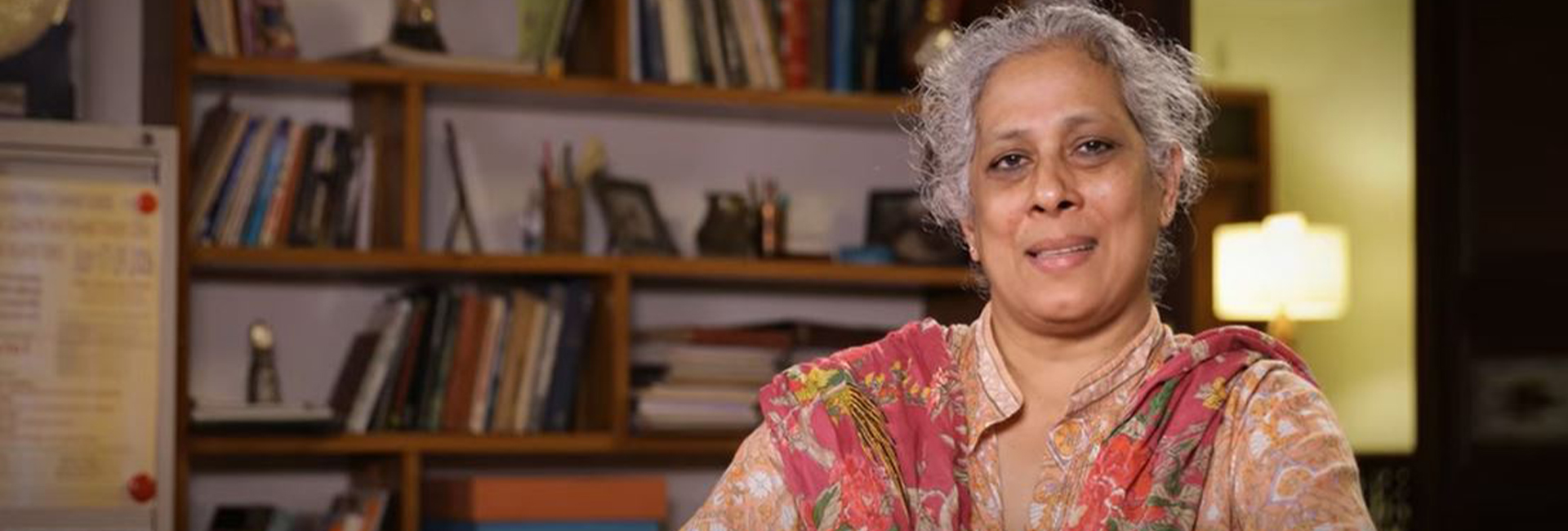
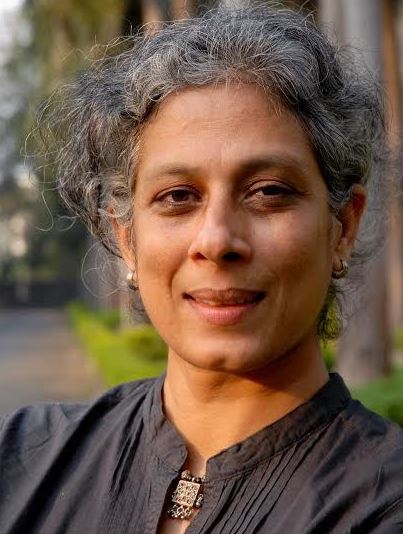 Professor Sujatha Ramdorai[/caption]
Professor Sujatha Ramdorai[/caption]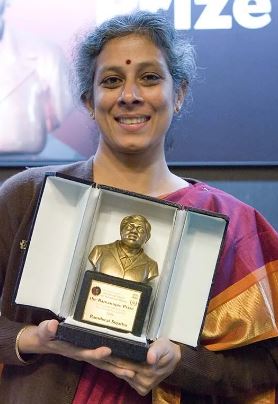 Photo Credit: International Centre for Theoretical Physics, Italy[/caption]
Photo Credit: International Centre for Theoretical Physics, Italy[/caption]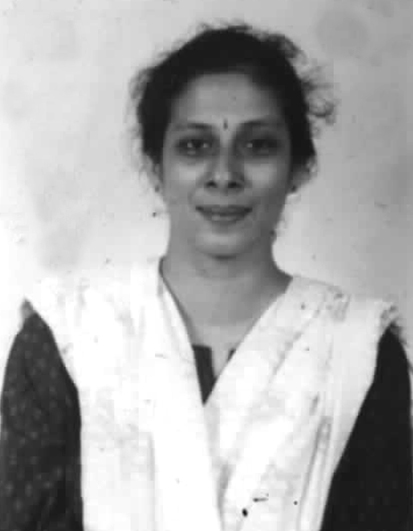 Photo Credit: Indian Academy of Sciences, Bengaluru[/caption]
Photo Credit: Indian Academy of Sciences, Bengaluru[/caption]
 Outreach food shelf[/caption]
Outreach food shelf[/caption]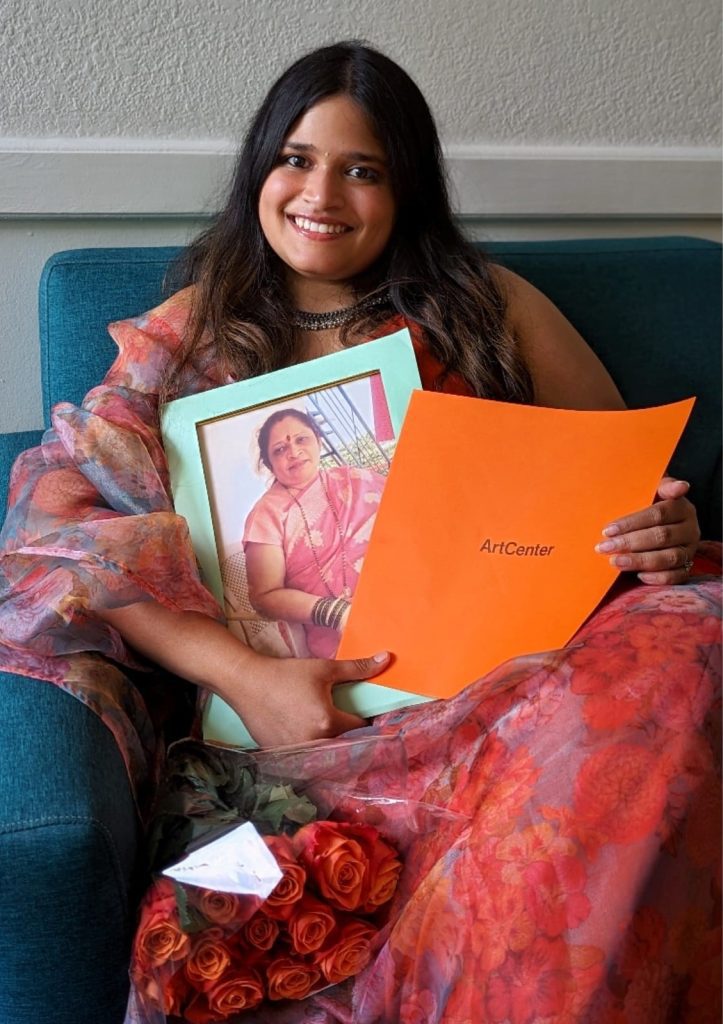

 McLeod Food shelf in Minnesota[/caption]
McLeod Food shelf in Minnesota[/caption]

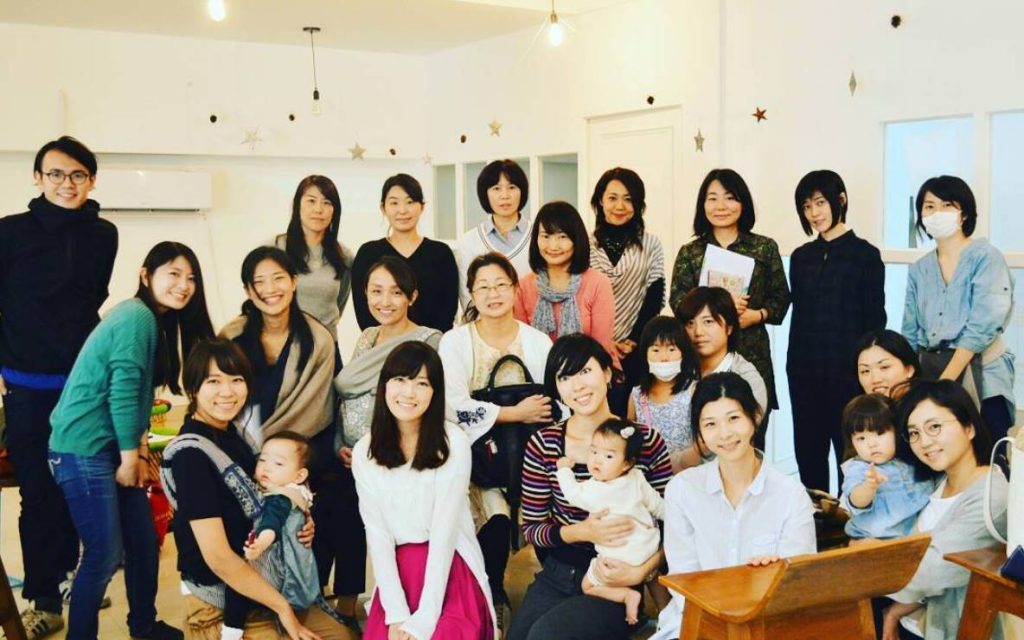 Japanese expats in India during an event organised by Hasora[/caption]
Japanese expats in India during an event organised by Hasora[/caption]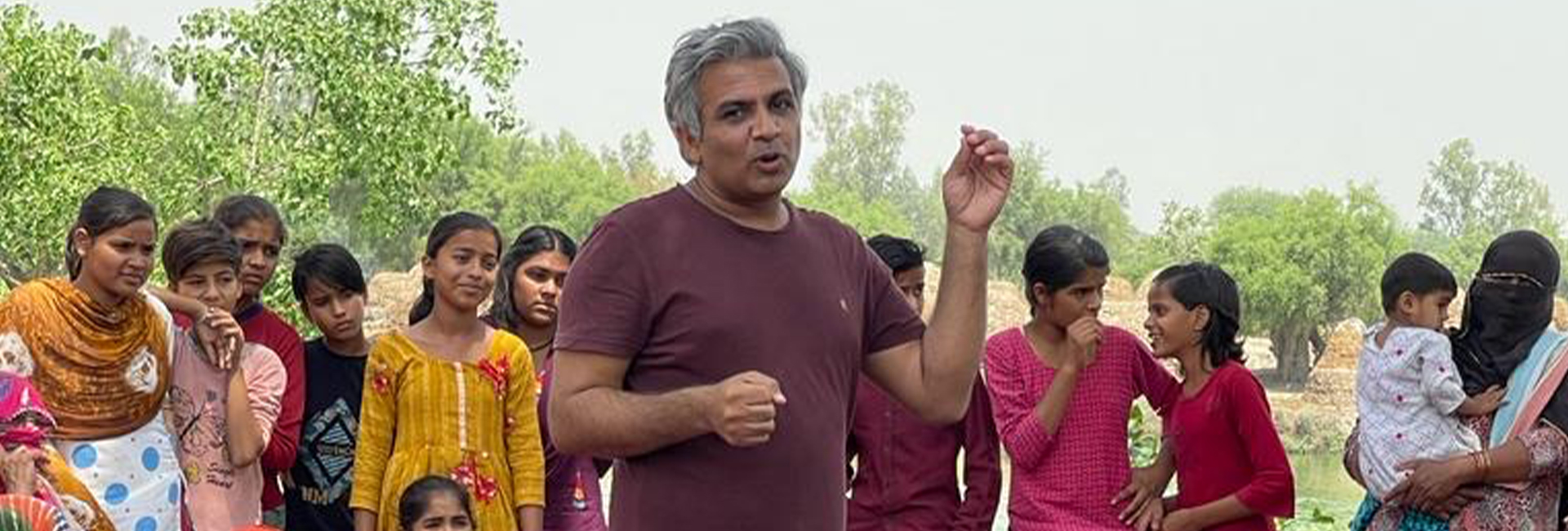
 Sunil Jaglan with his daughters[/caption]
Sunil Jaglan with his daughters[/caption]